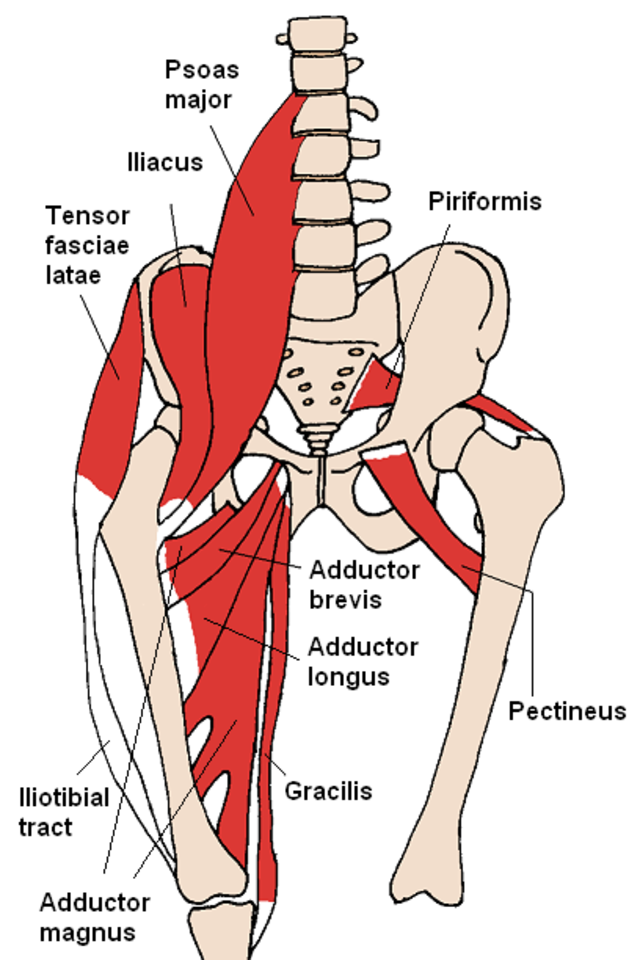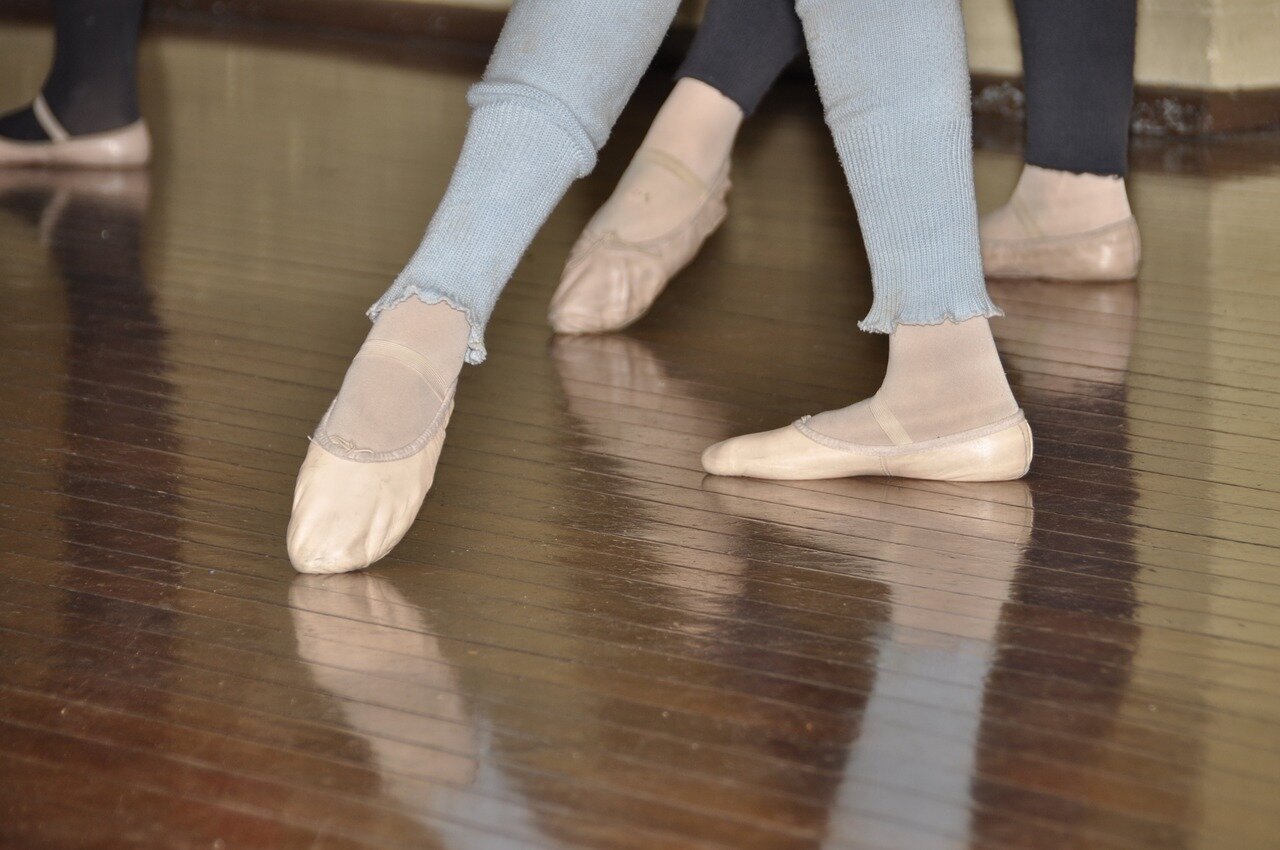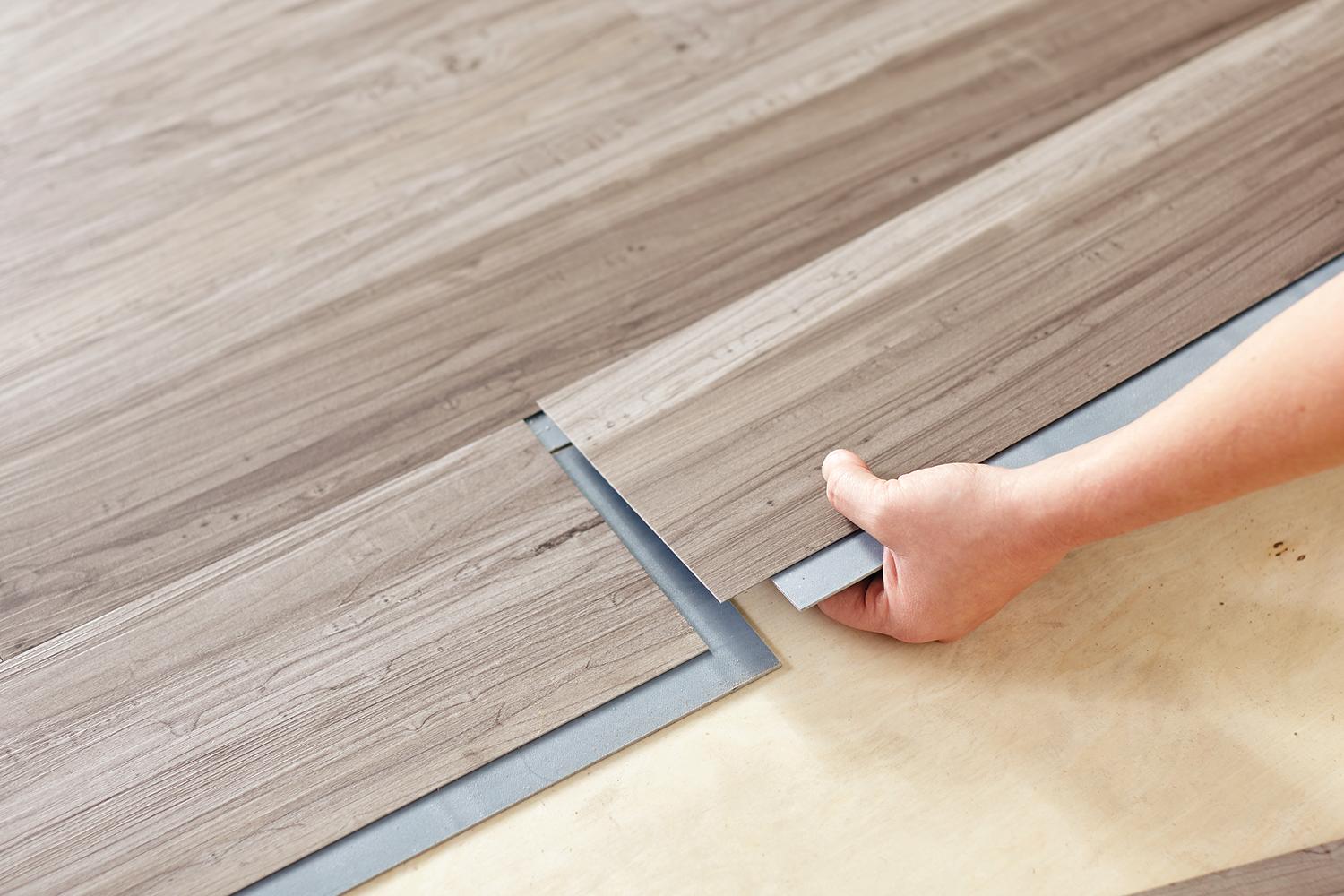Shifting your chronotype: Becoming a morning person
/The alarm clock screams unreasonably loudly, shaking us abruptly from our dreams. We emerge sluggishly from under the covers, only to be greeted by the sun throwing daggers into our eyeballs. When our feet finally hit the floor, the sudden rush of our daily to-do list quickly overwhelms us. At this point, the only reasonable thing to do is to go back to sleep.
This scenario is something that every evening type / night owl might experience on a daily basis. Unlike those morning types or morning larks, us late chronotype people (A "chronotype" is nothing more than a fancy psychology word to describe your circadian rhythm) don't fully join the land of the living until 10, 11, or even later.
Unfortunately for us, while we are sleepwalking through our mornings, the world around us continues to move forward. In fact, the work schedule of many professional careers, particularly those in the business world, favors early chronotype people. The standard 9-to-5 work day benefits those with peak attention span and vigilance in the morning, while us late types might be chugging buckets of coffee in an effort to become sentient enough to successfully respond to our emails.
Seeing that some workplaces might be morning focused, there may be a benefit to shifting your chronotype earlier. Getting up earlier means less of the morning "GOTTAGETTOWORK!!" panic, which gives us time for a nice leisurely breakfast (And let me just say, as a person who loves eating, I'll take every excuse I can to put food into my mouth.) It is believed that eating breakfast is better for your health compared to skipping that first meal of the day.
For busy dancers, some of us may find ourselves booking late afternoon and early evening teaching or performance opportunities. If your job allows for flexible work hours, getting started with work at 6 in the morning might let you put in your 8 hours, freeing yourself up for an evening of dance.
Additionally, there is a culturally rooted assumption that people who wake up late are lazy. While most Millennials know that there isn't necessarily a correlation between work ethic and when our alarm clock is set, our bosses may still have that bias.
Lose an hour in the morning, and you will be all day hunting for it.
- Richard Whately
Lets change my chronotype.
You've decided that your natural evening chronotype is conflicting with your need to function in the morning oriented workplace / classroom. How can I change that?
First, set a goal. What time do I want to wake up? For me, a dancer / employee who often has evening rehearsal / teaching obligations, I found that getting into an early morning work flow is the only way I can maintain a decent amount of sanity through my dance + work lives. Some things at work are accessible on a "first come, first served" basis, and so it benefits me to be among the opening crew. This means rolling into work around 8 - 830. Accounting for my standard morning routine, I set my goal to wake up at 7ish - no easy task for someone who is literally writing this at a little past midnight on a weekday.
To reach this goal, start small: go to bed 5 minutes earlier than normal. (If you are looking for strategies to make this happen, check out some of these related tips about sleep.) 5 minutes is a negligible duration in the grand scheme of your day: it's about the length of 3 cat videos, approximately half the time it takes to decide what to watch on Netflix, and a partial scroll through your Snapchat feed. Although you are sacrificing this time to the sleep gods, you are going to gain it back the next morning: set your alarm clock 5 minutes earlier than expected.
The next night, continue rolling your bedtime and waketime earlier and earlier in 5 minute intervals. Your body will hardly notice a difference, as long as the change is sufficiently gradual.
Once you get to your intended sleep / wake timing, you'll have to maintain it. The biggest trick to shifting your chronotype is consistency. The time you lie down in bed for the night and the time you set your alarm clock should be similar each day. Failure to do this is why sometimes we walk around on Monday morning feeling like Death herself is right behind us. Just a couple days of inconsistency with your sleep schedule is enough to produce jet lag that persists into the next week.
While I am still a obvious evening type / night owl, I function pretty well at 8AM thanks to how I have gradually adjusted and rigorously maintained my sleep schedule. Have you ever felt the need to shift your chronotype to accomodate a busy schedule? Write about it below.
Wanna learn more about your circadian rhythm?

















